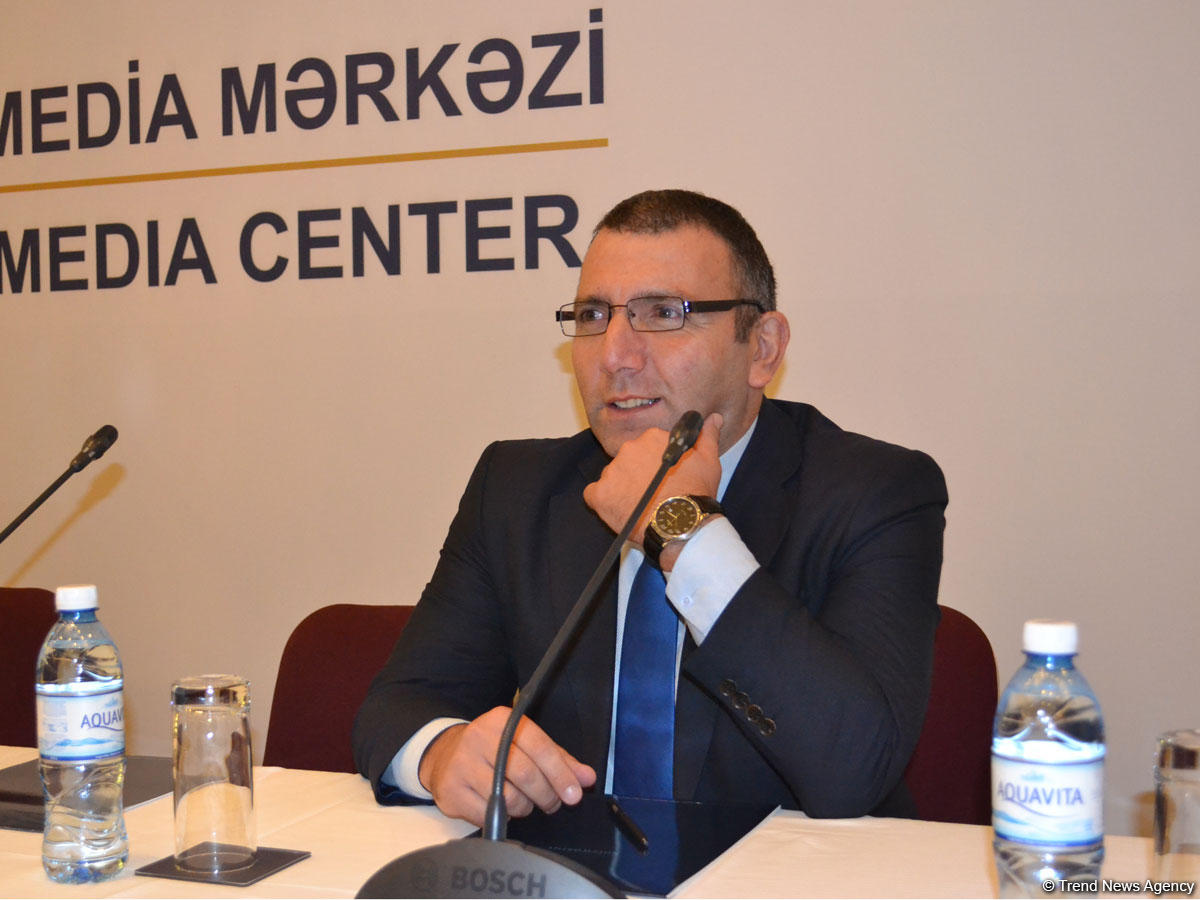Baku, Azerbaijan, May 2
By Anakhanum Hidayatova - Trend:
The situation on the line of contact between the Armenian and Azerbaijani armed forces is very complicated, and this is a great human tragedy, Arye Gut, Israeli expert on international relations and specialist on the South Caucasus, told Trend May 2.
Gut, who is also a doctoral candidate at the Haifa University, visited the frontline area to review the consequences of the damage caused to civilian population as a result of the intensive shelling of settlements by the Armenian armed forces.
The expert stressed that the people living in the frontline area are virtually deprived of a normal life.
"The residents of the frontline villages can not live a normal life and bring up their children," the expert said. "These people are constantly subjected to rocket and artillery attacks."
"As an Israeli, I understand these people," he added. "We experience this situation every day and know firsthand about rocket and artillery shelling. Of course, the situation should be changed."
The expert stressed that the Azerbaijani side is right when it says that the status quo can not be kept.
"Today, Azerbaijan has a high geopolitical heft in the region, as well as one of the most powerful armies in the South Caucasus," said the expert. "I think if a peaceful solution is not achieved, Azerbaijan will be fully entitled to resolve the issue on its own according to the rules of international law."
The expert regretted that the international community demonstrates a policy of double standards towards Azerbaijan.
"When the matter rests in Ukraine, the international community immediately begins talking about respect for human rights and the territorial integrity of the country," he added. "When the matter rests in Azerbaijan, everybody is trying to keep quiet about it, these are double standards."
Gut also said that Azerbaijan, having a powerful army and more technological support from Israel, must act in the direction of resolving the conflict.
"If the Armenian side is not ready to resolve the conflict peacefully, Azerbaijan has all the opportunities, as well as geopolitical, military and economic means, to force Armenia to make peace," he added.
Starting from April 27 evening until 04:00 (GMT + 4) April 28, the Armenian armed forces were firing at the Azerbaijani settlements and the Azerbaijani army positions in the Terter and Aghdam districts of Azerbaijan.
Two people were killed and many more wounded as a result of the Aghdam shelling. At least 84 houses in the district were heavily damaged, some of them completely destroyed.
The conflict between the two South Caucasus countries began in 1988 when Armenia made territorial claims against Azerbaijan. As a result of the ensuing war, in 1992 Armenian armed forces occupied 20 percent of Azerbaijan, including the Nagorno-Karabakh region and seven surrounding districts. The 1994 ceasefire agreement was followed by peace negotiations.
Armenia has not yet implemented four UN Security Council resolutions on withdrawal of its armed forces from the Nagorno-Karabakh and the surrounding districts.
---
Follow the author on Twitter: @Anahanum






